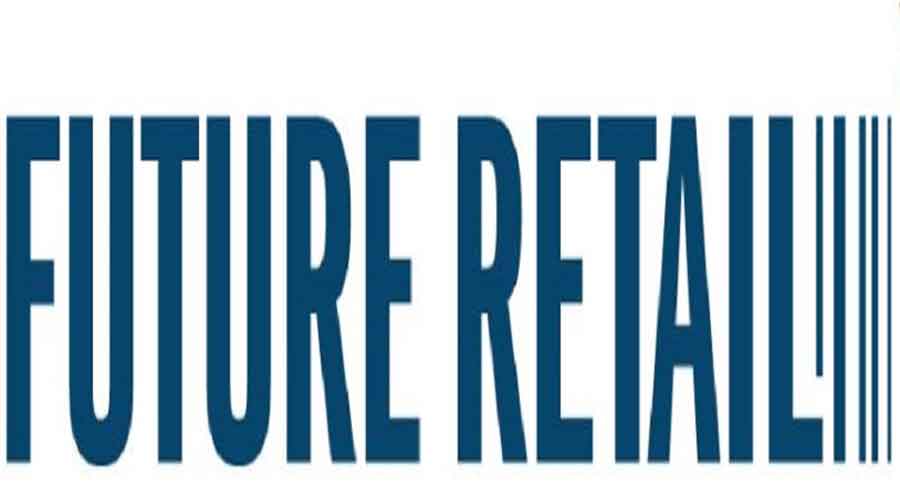Lenders to Future Retail Ltd are trying to delay the process of hauling the battered retailer into an insolvency process.
Several prominent bankers within the 27-member lenders’ consortium have hit upon a plan to skirt an IBC referral by invoking a June 2019 circular of the Reserve Bank of India relating to the recast of stressed assets.
State Bank of India, which has one of the largest exposures to Future Retail, is keen to invoke the RBI circular that permits a second restructuring of the loan account and extends the time period for the implementation of the new resolution plan.
It has good reason to do so. A number of the prominent IBC cases have taken ages to resolve and banks have managed to recover a very small portion of the loans they had extended. These forced haircuts have left them disenchanted with the insolvency process itself.
As a result, some of the lenders suggested that they could provide some breathing room to FRL by invoking RBI’s June 2019 circular. This would either lead to the closure of the deal with Reliance Retail or some other solution that would have the backing of the courts.
According to this circular, once a borrower is reported to be in default, the lenders shall undertake a review of the borrower account within 30 days from this default.
A resolution should be implemented within 180 days from the end of review period. If banks are unable to implement a resolution plan within a 180-day period, they will have to make an additional provision of 20 per cent. They will have to set aside 15 per cent more if the resolution plan is not implemented within 365 days.
Offer on table
The Future Retailer case is complicated because there is an active offer on the table: Rs 24,713 crore from Reliance Retail which has extended the closure date for the deal several times since they reached an agreement in August 2020. The deadline now ends on March 31 – and if the banks can stall till then, then they may be able to recover considerably more of the debt and sooner.
Not everyone thinks so — and that is why there are indications of cracks within the consortium. This has only widened since the lenders filed a petition before the Supreme Court in the Future-Amazon battle and their counsel suggested to the court that it should order a bidding war between Reliance Retail and the US retailer to find the ultimate winner.
The Supreme Court has now put off its hearing in the case till February 23 with the judges asserting on Wednesday that they would not allow any further adjournments.
During the hearing last week, counsel for Future retail asked for two weeks to discuss a plan with the banks so that they would not have to hang a non-performing asset (NPA) tag on the Kishore Biyani-owned entity.
FRL had to pay close to Rs 3500 crore to various lenders by January 29. However, since it could not mobilise this amount due to the ongoing litigation with Amazon, some of the banks have gone ahead classifying the account as an NPA.
Once an account turns bad, banks have various options that include invoking the Insolvency and Bankruptcy Code (IBC) to find a resolution. Some of the major lenders of FRL include Bank of India (BoI), State Bank of India (SBI) and Bank of Baroda. FRL also owes more than Rs 10,000 crore to banks, bond holders and other lenders.
Senior officials of BoI which has an exposure of almost Rs 1078 crore to FRL, had recently said that banks would wait for 10 days for the Future group firm to come up with its resolution proposal.
They pointed out that there are various options available to recover their exposure after this deadline which includes insolvency proceedings, invoking SARFAESI (Securitisation & reconstruction of Financial Assets and Enforcement of Securities Interest Act). While BoI has already made a provision of 47 per cent of its FRL exposure, SBI has also made a provision of Rs 1700 crore against a ‘retail account’ — which many believe is a reference to the Future group firm.
Before the January 29 deadline, banks had issued three ‘event of default’ notices to FRL on January 5, January 11 and January 15, warning the company of initiation of insolvency proceedings and the account being declared as an NPA. FRL was also looking to sell its small format stores like EasyDay and Heritage Fresh. This was blocked by Amazon, which said that any sale would require its prior approval.










